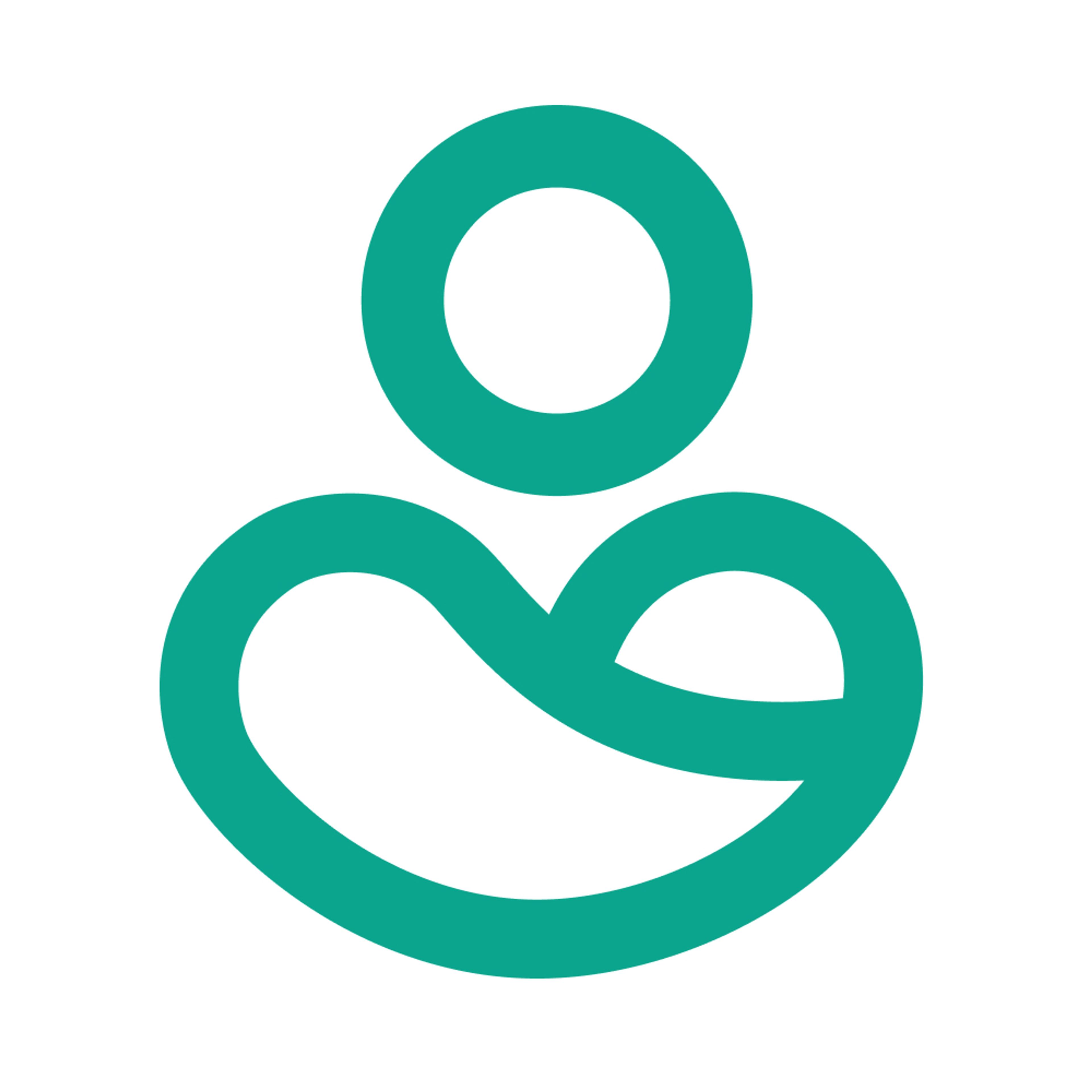
New Incentives
Cash Incentives for Childhood Vaccinations
New Incentives distributes conditional cash transfers to encourage caregivers to immunise their infants in rural Nigeria, helping them overcome barriers like the cost of transportation to a clinic and the loss of earnings from missing work.
What problem is New Incentives working on?
New Incentives works in Nigeria, which has some of the highest mortality rates (children under five) and lowest vaccination rates in the world. Children born in Nigeria are 27 times less likely to reach their fifth birthday than their peers who are born in the UK. It is estimated that around 40% of the deaths of children under five are from diseases that can be prevented with vaccines.
What does New Incentives do?
New Incentives believes that “no child should die of a preventable disease” and that “small cash incentives are a proven, cost-effective way to boost vaccination rates and save lives.”
To this end, New Incentives:
- Provides small cash incentives at government clinics after children receive vaccinations. ₦1,000 (~ £1) is given at each of the six routine immunisation visits in Nigeria’s Routine Immunization Schedule, for a total of ₦6,000 (~ £6).
- Collaborates with the local governments of Zamfara, Katsina, Jigawa, Sokoto, Bauchi, Gombe, Kano, Kaduna, and Kebbi States.
- Raises awareness about the benefits of childhood vaccinations.
- Works with government partners to improve vaccine supply by identifying and addressing bottlenecks in the vaccine supply chain. They engage with cold chain officers daily to notify them of stockouts, request top-up supplies, or communicate other supply-side concerns.
- Tracks the impact of its programmes and encourages self-assessment.
New Incentives was founded in 2011 and began its conditional cash transfer programme in 2017. As of November 2023, it reports issuing over 8 million cash transfers after verifying that vaccinations occurred, and reaching over 2 million infants.
Why do we include New Incentives on our list of recommended programs?
New Incentives is recommended by the impact-focused charity evaluator GiveWell, which we looked into as part of our 2023 evaluator investigations. We concluded that GiveWell’s recommendations are well-suited to helping donors maximise the impact of their “dollar” in the global health and wellbeing space. You can read our report on GiveWell here, and GiveWell’s extensive evaluation of New Incentives, which highlights its cost-effectiveness, here.
New Incentives has been a GiveWell top charity since November 2020 and has also received several grants from Open Philanthropy since 2014. GiveWell reported that there is strong evidence that the programme increases vaccination rates and that the vaccines effectively prevent the diseases they target. The programme has been evaluated by a randomised controlled trial that suggested strong evidence of impact. New Incentives reports that “the program doubled the percentage of infants between 12 and 16 months of age who were fully immunised, increasing coverage from roughly a quarter to just over half of all infants.”
Please note that GWWC does not evaluate individual charities. Our recommendations are based on the research of third-party, impact-focused charity evaluators our research team has found to be particularly well-suited to help donors do the most good per dollar, according to their recent evaluator investigations. Our other supported programs are those that align with our charitable purpose — they are working on a high-impact problem and take a reasonably promising approach (based on publicly-available information).
At Giving What We Can, we focus on the effectiveness of an organisation's work -- what the organisation is actually doing and whether their programs are making a big difference. Some others in the charity recommendation space focus instead on the ratio of admin costs to program spending, part of what we’ve termed the “overhead myth.” See why overhead isn’t the full story and learn more about our approach to charity evaluation.